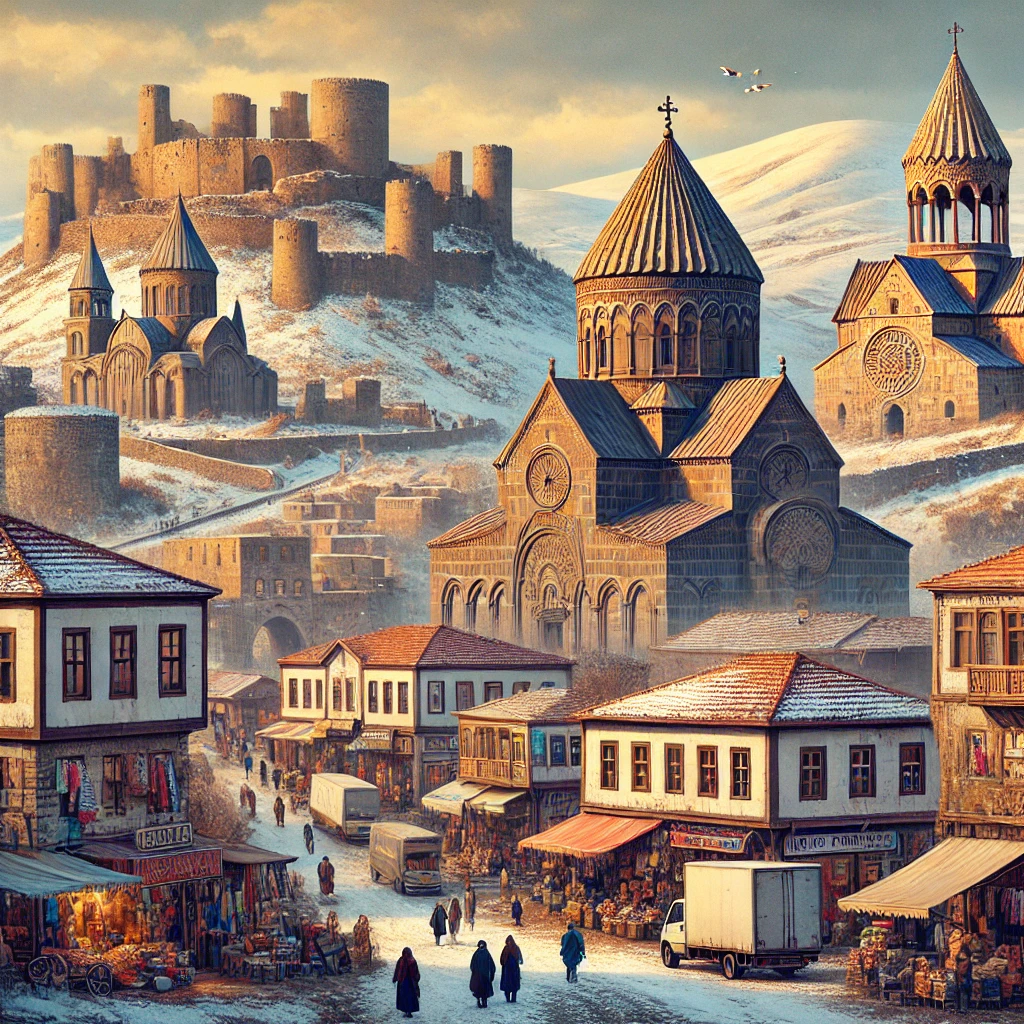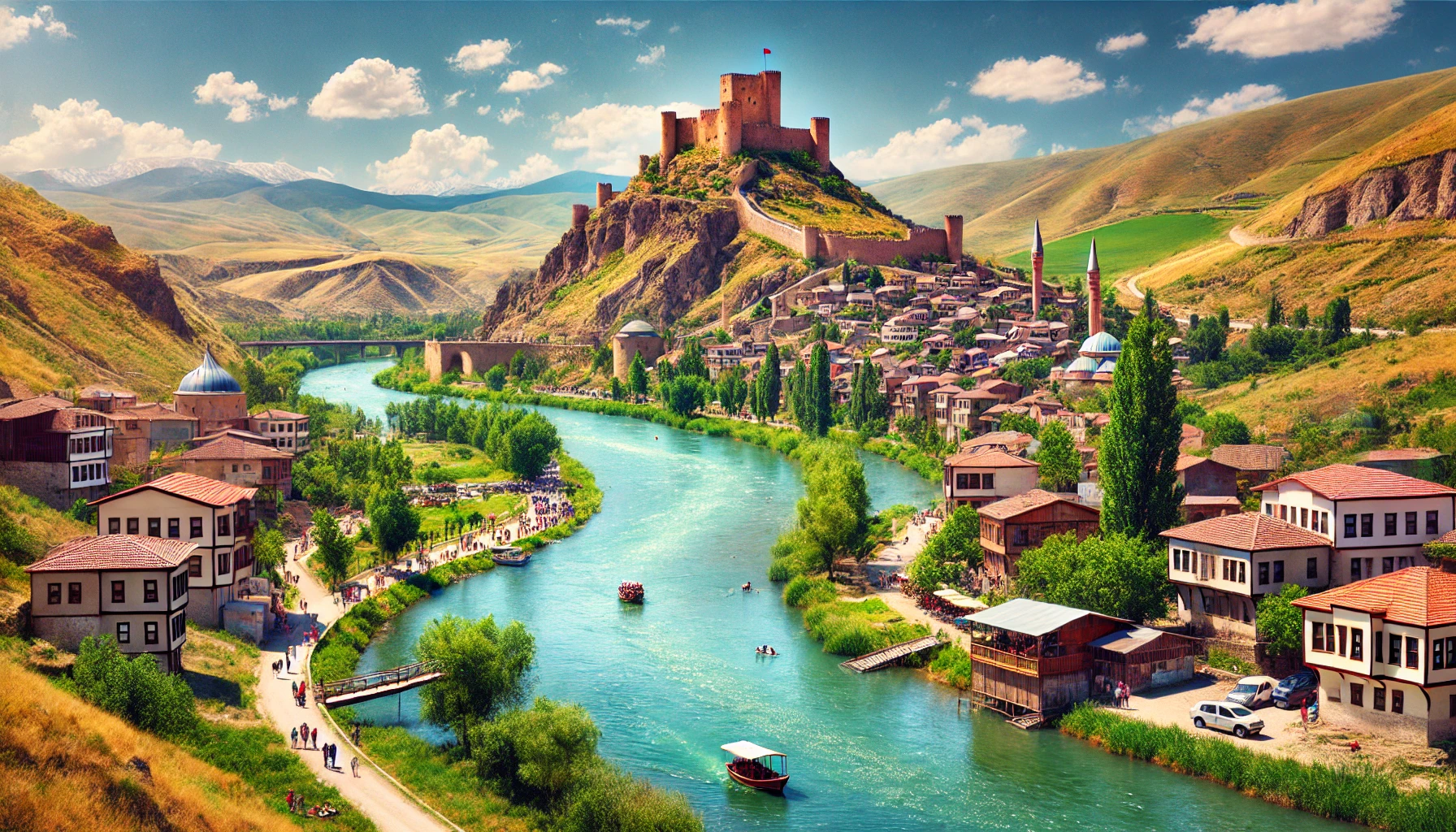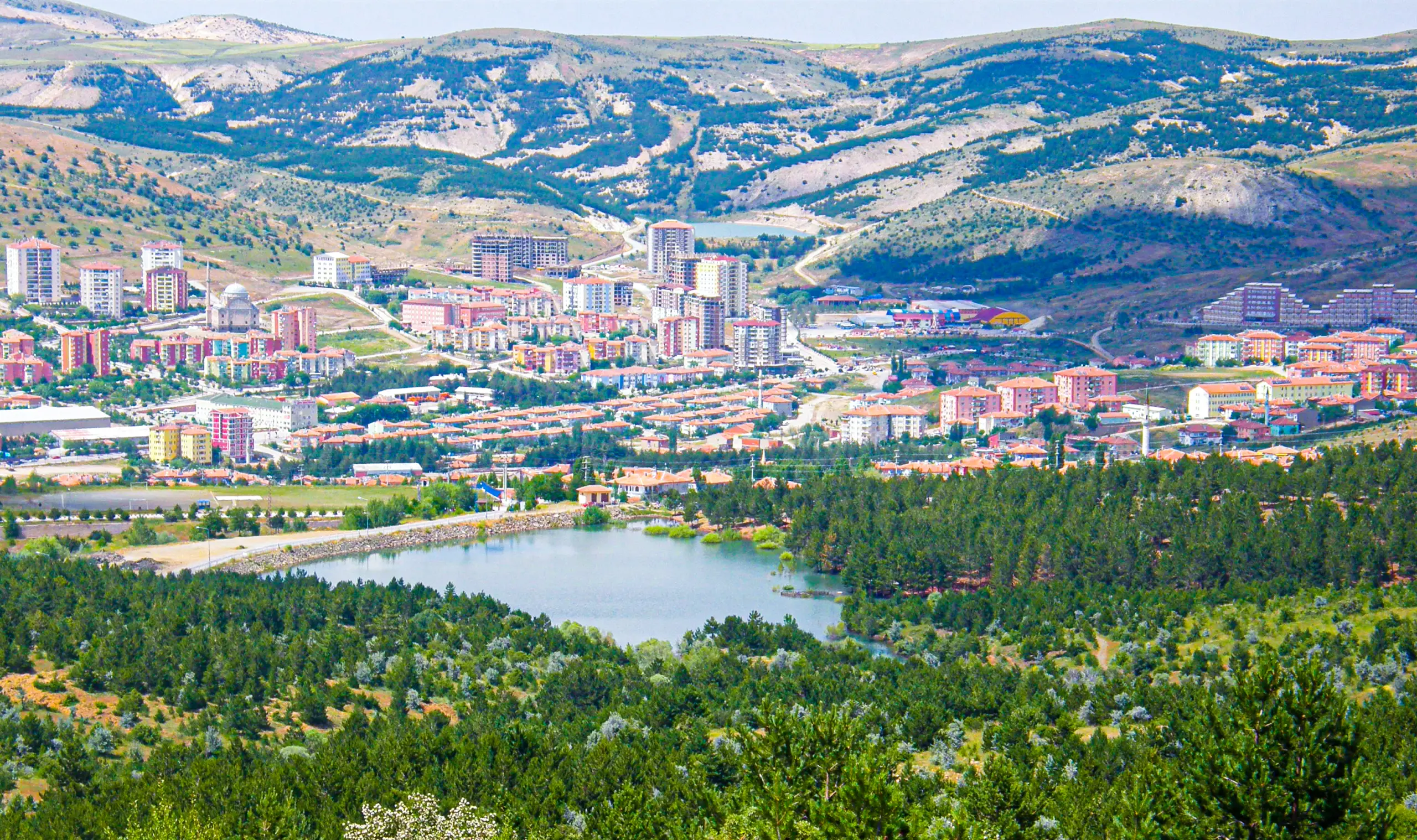Comprehensive Guide to Travel & Transport in Turkey
Turkey, a country rich in history and natural beauty, offers a variety of transportation options for both domestic and international travelers. Whether you’re planning to explore the bustling cities, historical sites, or serene coastal towns, Turkey’s extensive transport network can cater to all your travel needs. Here’s a detailed look at the various modes of transport available in Turkey.
Travel by Plane
Domestic Flights
Turkey’s vast size makes air travel a convenient option for covering long distances. Turkish Airlines and several other competent carriers, such as Onur Air, Atlasjet, Anadolu Jet, Pegasus Air, and Sun Express, offer frequent flights between major cities. Domestic flights are relatively inexpensive, with most fares ranging from TL89 to TL250 one-way. Major airports are well-connected, making air travel a time-efficient way to move around the country.
Major Airports and Codes
- Istanbul Airport (IST)
- Sabiha Gökçen Airport (SAW)
- Ankara Esenboğa Airport (ESB)
- Antalya Airport (AYT)
Travel by Bus
Modern Bus Network
Turkey boasts a robust network of modern, luxurious buses that connect cities and towns across the country. This mode of transport is particularly popular among locals. Although it might be challenging to find fare and schedule information online, it’s easy to obtain once you’re in Turkey. Bus departures are frequent, and advanced reservations are generally not necessary on most routes.
Sample Routes and Travel Times
- Istanbul to Ankara: Approximately 450 km (280 miles), 6-7 hours by bus.
- Istanbul to Izmir: Approximately 480 km (300 miles), 7-8 hours by bus.
- Istanbul to Antalya: Approximately 720 km (450 miles), 10-12 hours by bus.
Travel by Car
Car Rentals
For those who enjoy the freedom of movement and are comfortable driving, renting a car is an excellent option. However, it’s essential to note that most rental cars have a manual transmission (“stick shift”), not automatic. Renting a car allows you to explore off-the-beaten-path destinations at your own pace.
Driving Tips
- Drive on the right side of the road.
- Always carry your driver’s license, international driving permit, and vehicle registration documents.
- Be aware of local traffic rules and regulations.
Travel by Train
High-Speed Trains
Turkey is rapidly expanding its high-speed train network, aiming to connect 15 cities that hold half of the country’s population. These trains offer a fast, comfortable, and affordable way to travel between major cities. Notable routes include:
- Istanbul to Ankara: Approximately 4-5 hours.
- Ankara to Konya: Approximately 1.5 hours.
Conventional Trains
Conventional trains are also available and can be a more economical option. Although slower than buses, they offer more seating room and comfort.
Useful Resources
- TCDD Taşımacılık A.Ş.: The official site for Turkish State Railways, providing schedules and booking options.
Travel by Ship & Ferry
Cruise Ships
Cruise ships frequently dock at Turkish ports, including Istanbul and Kuşadası, providing easy access to popular destinations like Ephesus.
Sea of Marmara Ferryboats
Ferry services across the Sea of Marmara connect Istanbul with Yalova and Bandırma, offering a scenic and relaxing mode of travel.
Dardanelles Ferries
Ferries across the Dardanelles Strait link Europe and Asia, connecting key historical sites such as Çanakkale, Troy, and the Gallipoli battlefields.
Greek Islands—Turkey Ferries
Regular ferry services connect Greek islands with the Turkish coast. Check schedules and fares on Feribot.net.
Cyprus—Turkey Ferries
Ferries operate year-round between Girne (Kyrenia) in Northern Cyprus and Turkish ports like Taşucu/Silifke, with additional services to Alanya in the summer.
Tips for Traveling During Major Holidays
Travel can be particularly crowded during major Turkish holidays. It’s wise to plan and book your transportation in advance during these peak periods to ensure availability and avoid long waits.
Turkey, a country rich in history and natural beauty, offers a variety of transportation options for both domestic and international travelers. Whether you’re planning to explore the bustling cities, historical sites, or serene coastal towns, Turkey’s extensive transport network can cater to all your travel needs. Here’s a detailed look at the various modes of transport available in Turkey.
Travel by Plane
Domestic Flights
Turkey’s vast size makes air travel a convenient option for covering long distances. Turkish Airlines and several other competent carriers, such as Onur Air, Atlasjet, Anadolu Jet, Pegasus Air, and Sun Express, offer frequent flights between major cities. Domestic flights are relatively inexpensive, with most fares ranging from TL89 to TL250 one-way. Major airports are well-connected, making air travel a time-efficient way to move around the country.
Major Airports and Codes
- Istanbul Airport (IST)
- Sabiha Gökçen Airport (SAW)
- Ankara Esenboğa Airport (ESB)
- Antalya Airport (AYT)
Travel by Bus
Modern Bus Network
Turkey boasts a robust network of modern, luxurious buses that connect cities and towns across the country. This mode of transport is particularly popular among locals. Although it might be challenging to find fare and schedule information online, it’s easy to obtain once you’re in Turkey. Bus departures are frequent, and advanced reservations are generally not necessary on most routes.
Sample Routes and Travel Times
- Istanbul to Ankara: Approximately 450 km (280 miles), 6-7 hours by bus.
- Istanbul to Izmir: Approximately 480 km (300 miles), 7-8 hours by bus.
- Istanbul to Antalya: Approximately 720 km (450 miles), 10-12 hours by bus.
Travel by Car
Car Rentals
For those who enjoy the freedom of movement and are comfortable driving, renting a car is an excellent option. However, it’s essential to note that most rental cars have a manual transmission (“stick shift”), not automatic. Renting a car allows you to explore off-the-beaten-path destinations at your own pace.
Driving Tips
- Drive on the right side of the road.
- Always carry your driver’s license, international driving permit, and vehicle registration documents.
- Be aware of local traffic rules and regulations.
Travel by Train
High-Speed Trains
Turkey is rapidly expanding its high-speed train network, aiming to connect 15 cities that hold half of the country’s population. These trains offer a fast, comfortable, and affordable way to travel between major cities. Notable routes include:
- Istanbul to Ankara: Approximately 4-5 hours.
- Ankara to Konya: Approximately 1.5 hours.
Conventional Trains
Conventional trains are also available and can be a more economical option. Although slower than buses, they offer more seating room and comfort.
Useful Resources
- TCDD Taşımacılık A.Ş.: The official site for Turkish State Railways, providing schedules and booking options.
Travel by Ship & Ferry
Cruise Ships
Cruise ships frequently dock at Turkish ports, including Istanbul and Kuşadası, providing easy access to popular destinations like Ephesus.
Sea of Marmara Ferryboats
Ferry services across the Sea of Marmara connect Istanbul with Yalova and Bandırma, offering a scenic and relaxing mode of travel.
Dardanelles Ferries
Ferries across the Dardanelles Strait link Europe and Asia, connecting key historical sites such as Çanakkale, Troy, and the Gallipoli battlefields.
Greek Islands—Turkey Ferries
Regular ferry services connect Greek islands with the Turkish coast. Check schedules and fares on Feribot.net.
Cyprus—Turkey Ferries
Ferries operate year-round between Girne (Kyrenia) in Northern Cyprus and Turkish ports like Taşucu/Silifke, with additional services to Alanya in the summer.
Tips for Traveling During Major Holidays
Travel can be particularly crowded during major Turkish holidays. It’s wise to plan and book your transportation in advance during these peak periods to ensure availability and avoid long waits.






